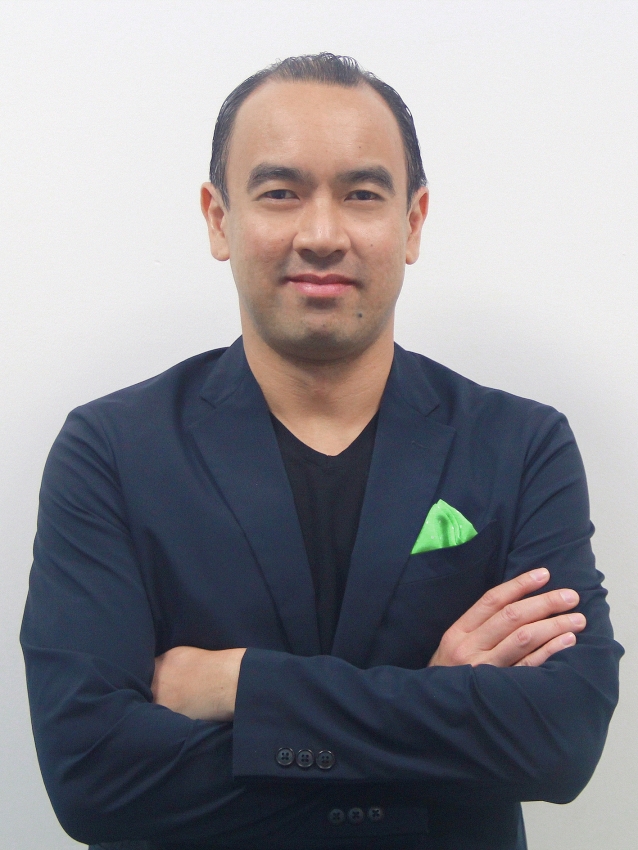Fintech primed to boost financial services sector in Vietnam
 |
| Adrian Chng, GoBear CEO: Fintech primed to boost financial services sector in Vietnam |
Vietnam is setting records. Notably, at the end of last year, it was named one of the world’s Top 20 internet users with 64 million connected people and in January this year, Vietnam claimed the title of the world’s fastest growing wealth hub, clocking in 210 per cent wealth growth between 2007 and 2017.
This is the reason that Forbes declared the country ‘every keen investor’s must-watch’ for 2018. Besides, It means that Vietnam sits at the beautiful intersection where personal finance meets inevitable innovation.
In the last five years alone, Vietnam has experienced the entry of over 40 new fintech players, such as online payment platforms Mobivi and Momo, as well as the country’s first fully digital bank Timo.
One of these is financial products comparison platform GoBear, one of Asia’s fastest growing startups that has recently undergone leadership renewal.
Its new CEO, serial fintech entrepreneur and merchant bank Fintonia founder Adrian Chng, works closely with country director for Vietnam Bao Nguyen to increase the Vietnamese population’s direct access to financial services, with a platform that has already delivered unbiased financial comparisons to 34 million users across Asia since its launch barely three years ago.
Adrian thinks it was only a matter of time before technology became primed to boost the personal financial services sector in emerging markets.
The new CEO said, “It is an interesting situation because on one hand we have fast-growing and young populations with high mobile phone penetration across the region, but on the other, still relatively low penetration of traditional financial services like credit cards, loans or insurance. Because of logistical constraints, traditional distribution forms like physical bank branches cannot play in this space so it was only a matter of time before technology stepped in to improve efficiencies. When that happened, technology allowed financial institutions to access to the full spectrum of consumers.”
Technology does this by making it easier for people to get connected and subsequently look for financial services online, which significantly improves customer acquisition costs. Increased connectivity and prolonged online activity also means people are now producing larger digital footprints than ever before.
But how do companies even begin to harness this data, let alone make sense of it? Cue another way technology can bridge for banks and insurance companies, including on top of mining that data for precious insights, fintech is increasingly contributing to developing new models of assessment—even for the unbanked. It is the biggest opportunity yet to truly reduce the costs of acquisition.
In Vietnam, GoBear has demonstrated consistent development in numerous areas throughout the past year, despite being one of the group’s newer market entries.
As of today, GoBear Vietnam’s local site www.gobear.com/vn is landing over two million monthly pageviews and one million monthly users.
Bao, outlining further plans for Vietnam, said, “Our key priority now is to broaden the variety of products on the GoBear Vietnam platform. We are doing this in tandem with continuously enhancing the seamless user experience, such as advanced search and filter options to help users find the best products.”
He continued, “This year, GoBear Vietnam has already added home loans, home equity loans, and car loans, with life insurance and digital wallet coming soon. We are also working to integrate a personal pre-approval feature that will improve financial inclusion and financial access for our users. Our ultimate goal is to improve the standard of living for Vietnamese people who have limited access to mainstream financial services.”
 |
| GoBear country director for Vietnam Bao Nguyen |
It is perfect timing. GoBear currently offers more than 2,000 personal finance products across its soon-to-be seven markets (it will be launching in Indonesia this coming October), including personal loans. It sees strong growth opportunities in cash-based economies, where the challenge for everyday folk is borrowing from traditional lenders.
Chiming back in, Adrian shared, “Emerging economies are hotbeds for personal loans because they are teeming with businesses being formed every day. People who have started taking loans will now start looking for forms of financial protection or insurance. This is the classic curve for the life cycle of personal financial services. After that, the next level of sophistication will come from people moving up the curve and looking for wealth and asset management products, particularly in the more developed markets. We can already see a lot of fintech companies in Southeast Asian markets trying to tap into personal loans and insurance.”
But the question is where does GoBear plan to fit into all of this. According to Adrian, being an internet technology innovator first and foremost means that all the data it has acquired has allowed it to deeply understand new consumer behaviours, which continue to reveal deep insights to drive product innovation, including funding new types of insurance products altogether.
Adrian concluded, “Imagine a travel insurance plan that has been made just for you, using the data on your smartphone that has been harnessed from the places you have travelled, and places on your bucket list. Acquiring more and more data and insights every day, GoBear is perfectly placed to partner with financial institutions on their product innovations. We can help them create whole new ranges of services and products. This adds significant value to the financial services ecosystem, and it’s enabling us to expand beyond our current business model.”
What the stars mean:
★ Poor ★ ★ Promising ★★★ Good ★★★★ Very good ★★★★★ Exceptional
 Tag:
Tag:
Related Contents
Latest News
More News
- Citi sharpens its focus on institutional banking (February 09, 2026 | 19:58)
- SSC steps up engagement with FTSE Russell on market reforms (February 09, 2026 | 17:33)
- IFC considers $50m trade finance guarantee facility for Nam A Bank (February 09, 2026 | 17:28)
- Hoa Phat Agricultural Development debuts shares on HSX (February 06, 2026 | 14:00)
- Vietcap’s VAD 2026 draws strong global investor turnout (February 06, 2026 | 13:30)
- New rules ease foreign access to Vietnam equities (February 05, 2026 | 17:29)
- 0.1 per cent tax proposed on each transfer of digital assets (February 05, 2026 | 17:27)
- Ministry of Finance tightens policy delivery at start of year (February 05, 2026 | 17:26)
- Vietnam steps up market reforms as FTSE Russell reviews upgrade progress (February 05, 2026 | 17:20)
- 2025 profits mixed amid strong energy and farming results (February 05, 2026 | 17:18)




























 Mobile Version
Mobile Version